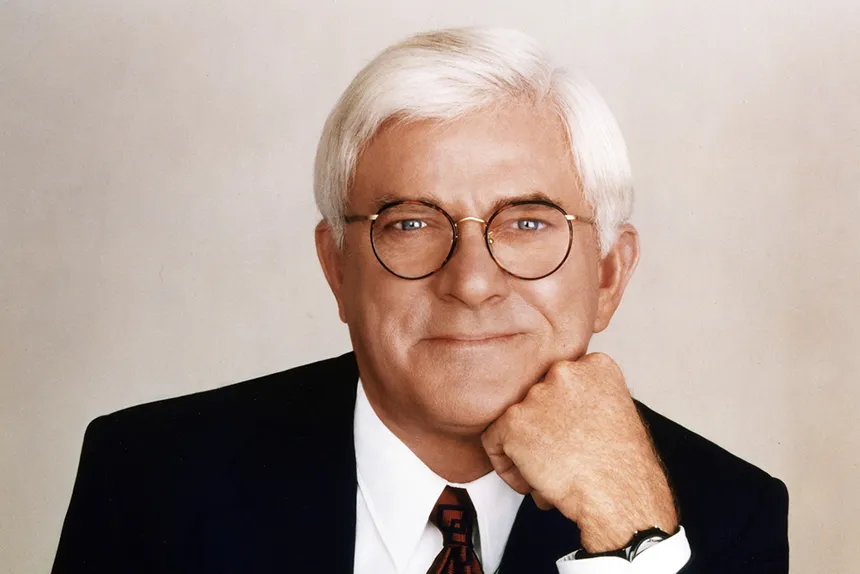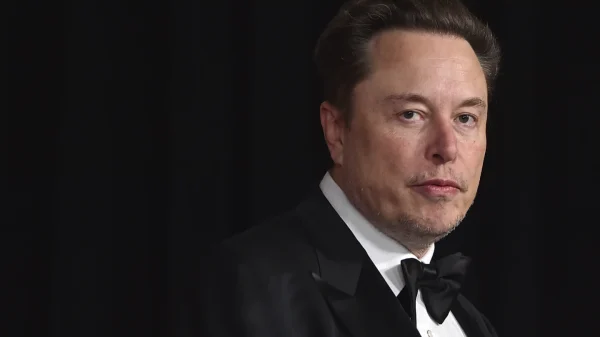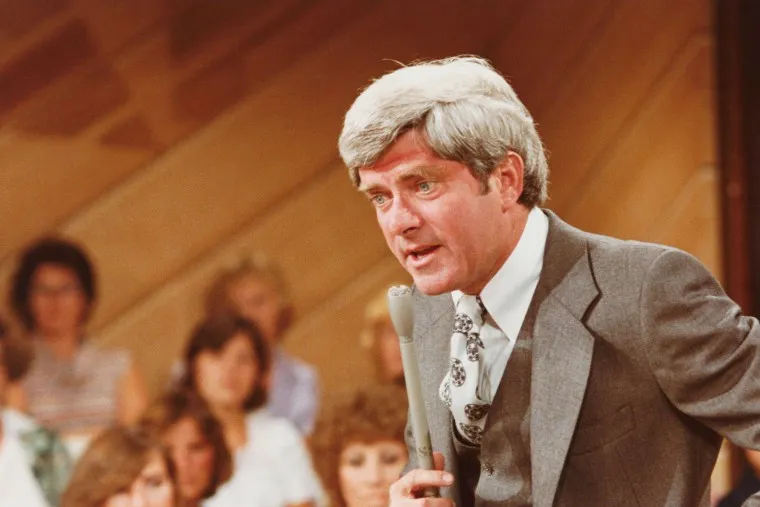Phil Donahue, a pioneering television host, has sadly passed away at the age of 88. Born on December 21, 1935, in Cleveland, Ohio, Donahue’s career as a talk show host spanned over four decades. He is remembered for his thoughtful and engaging style, which allowed him to tackle the most pressing social issues of his time. Donahue’s eponymous show, which debuted in 1967, pioneered the genre of daytime talk shows and set the standard for future programs.
Donahue’s approach to hosting was novel for his time. He would often feature a single guest per show, opting to delve deeply into their story and experiences. The show’s format allowed him to explore a wide range of topics, from feminism and civil rights to consumer protection and the environment. His willingness to tackle controversial subjects made the show a landmark in its time, earning him numerous awards and accolades.
Donahue’s impact on popular culture cannot be overstated. He made household names of his guests, including Oprah Winfrey, Montel Williams, and Ellen DeGeneres, who have since become synonymous with daytime television. His influence can also be seen in the many talk shows that followed in his footsteps, from CNN’s Larry King Live to ABC’s 20/20.
Throughout his career, Donahue was known for his compassionate and empathetic approach to storytelling. He was willing to confront tough issues and listen to diverse perspectives, which endeared him to his audience. His rapport with guests was genuine and respectful, making them feel at ease and willing to open up about their lives.

Phil Donahue (Image via Getty)
Donahue’s professional career was marked by many notable achievements. He won 20 Emmy Awards and a Peabody Award for his work on his talk show. He also partnered with Soviet journalist Vladimir Posner to produce a groundbreaking television series, US-Soviet Bridge, which aired during the Cold War. Additionally, he co-directed the documentary Body of War, which was nominated for an Academy Award.
Despite his many accomplishments, Donahue remained humble and grounded throughout his life. In his 1979 memoir, Donahue, My Own Story, he reflected on the early days of his show, noting that it was a happy accident that led to its success. He also spoke about his own struggles with faith, leaving the Catholic Church, but always retaining a “little piece” of his Catholic upbringing.
Donahue’s legacy extends beyond his work in television. He leaves behind a rich world of stories, conversations, and reflections that continue to inspire and educate new generations. His commitment to exploring the complexities of the human experience has left an indelible mark on popular culture. As we remember Phil Donahue, we are reminded of the power of storytelling, the importance of empathy, and the impact that one person can have on the world.


























